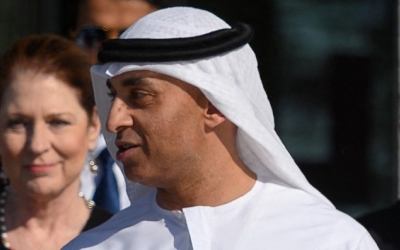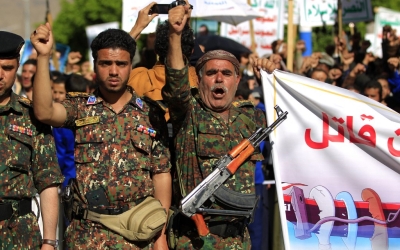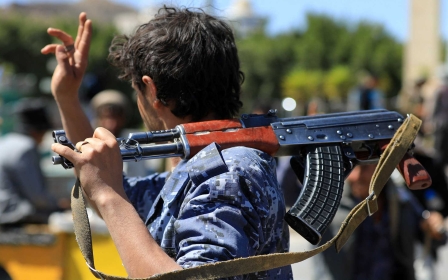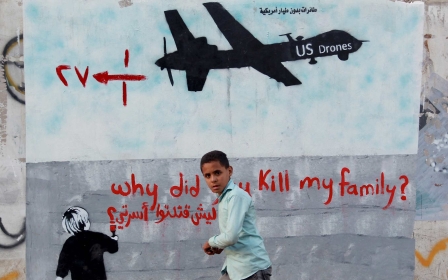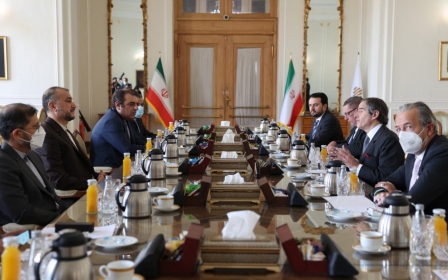UAE, Israel press US for security guarantees if new Iran deal is signed, report says
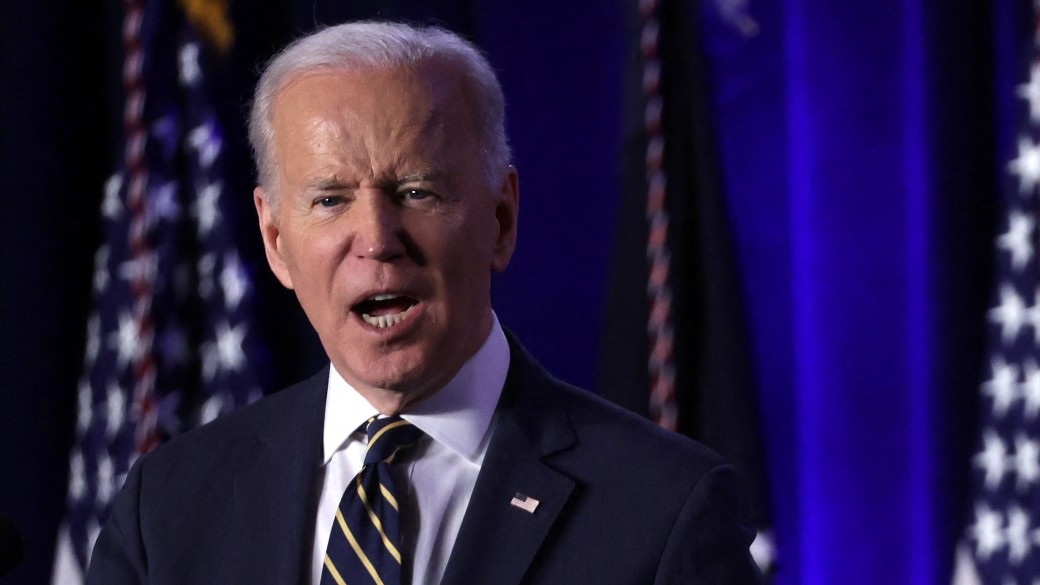
The United Arab Emirates and Israel have asked the United States to provide them with security guarantees and to "formulate a security strategy for the Middle East" should the Iran nuclear deal be revived, Bloomberg News reported on Monday.
The news agency also reported that a number of Biden administration officials were calling on the US president to communicate directly with Saudi Crown Prince Mohammed bin Salman, rather than his father, King Salman, as the war in Ukraine and surging oil prices have provided greater leverage to Riyadh, Abu Dhabi, and Israel.
Five people familiar with the matter told Bloomberg that Israel and the UAE have separately approached the Biden administration and are demanding a security strategy that includes boosting defence and intelligence sharing.
Israel and Abu Dhabi are coordinating their efforts despite reaching out separately, according to three of the people, amid concerns that the nuclear deal would provide Iran with increased funds through the sale of oil.
Gulf Arab governments and Israel staunchly opposed the 2015 deal known as the Joint Comprehensive Plan of Action (JCPOA), which curbed Iran's nuclear programme in return for sanctions relief.
New MEE newsletter: Jerusalem Dispatch
Sign up to get the latest insights and analysis on Israel-Palestine, alongside Turkey Unpacked and other MEE newsletters
The suspension of the nuclear talks last week, coupled with Washington's desire to ease the volatility in the current oil market as it continues sanctions against Russia, has given Saudi Arabia and the UAE more leverage as leaders in Opec.
Three people told Bloomberg that last week, Barbara Leaf, the senior Middle East director at the White House's National Security Council, visited Abu Dhabi and met with the country's security chief, Sheikh Tahnoon bin Zayed, along with Sultan Al Jaber, who heads the state oil firm, Adnoc.
The discussions centred around the UAE’s demand for security guarantees and Biden's desire to squeeze more crude barrels out of Opec, they said. Following the meeting, the UAE's ambassador to Washington said Abu Dhabi would call on fellow members of Opec+, led by Riyadh and which includes Russia, to increase oil output.
The UAE oil minister later tempered expectations, however, reiterating his country remained committed to the agreement of the oil producers' cartel to slowly increase production each month.
A State Department spokesperson told Middle East Eye that the US was committed to security in the Middle East and protecting its partners there "from external aggression".
"We have held regular, senior-level discussions with Saudi Arabia, the UAE and others on a collaborative approach to managing market pressures stemming from Russia's invasion of Ukraine, as well as on the range issues facing our countries," the official said.
The Israeli and Emirati embassies in Washington did not respond to MEE's requests for comment by the time of publication.
Targeting Yemen's Houthis
Saudi Arabia's relations with the US have been strained since Biden was elected. The US president promised on the campaign trail to make the oil-exporting giant "pay the price" over the 2018 murder of journalist and MEE columnist Jamal Khashoggi.
Then a month into office, he announced an end to offensive support to the Saudi-led coalition's war in Yemen last year.
But critics condemned the Biden administration for not holding to account the Saudi Crown prince, Mohammed bin Salman, for the murder of Khashoggi, which US intelligence agencies concluded could not have happened without his approval.
Washington's ties to the UAE also appear to be at a low point in recent years, as evidenced by the UAE's move to abstain from a US-led vote condemning Russia's invasion at the UN Security Council.
Earlier this month, Yousef al-Otaiba, the Emirati ambassador to the US, acknowledged publicly that ties with Washington were strained.
Two people told Bloomberg that the UAE was exploiting renewed US attention to ask for broader missile defence support using the Patriot and THAAD missile systems, following a spate of missile and drone attacks on Abu Dhabi this year.
The US is expected to include other Emirati wants, according to the people, including a package of measures targeting Yemen's Houthi rebels that will include additional targeted sanctions but stop short of reinstating the group’s designation as a foreign terrorist organisation (FTO).
The UAE has been calling for the US to redesignate the Houthis as an FTO since February, following the attacks on Abu Dhabi. However, aid groups and the UN has warned that it would have disastrous impacts on the delivery of aid to the country, which has been described as one of the world's worst humanitarian disasters.
"Regarding the Houthis, the United States will not relent in designating Houthi leaders and entities who are involved in military offensives that are threatening civilians and regional stability," the State Department spokesperson told MEE.
Middle East Eye delivers independent and unrivalled coverage and analysis of the Middle East, North Africa and beyond. To learn more about republishing this content and the associated fees, please fill out this form. More about MEE can be found here.


